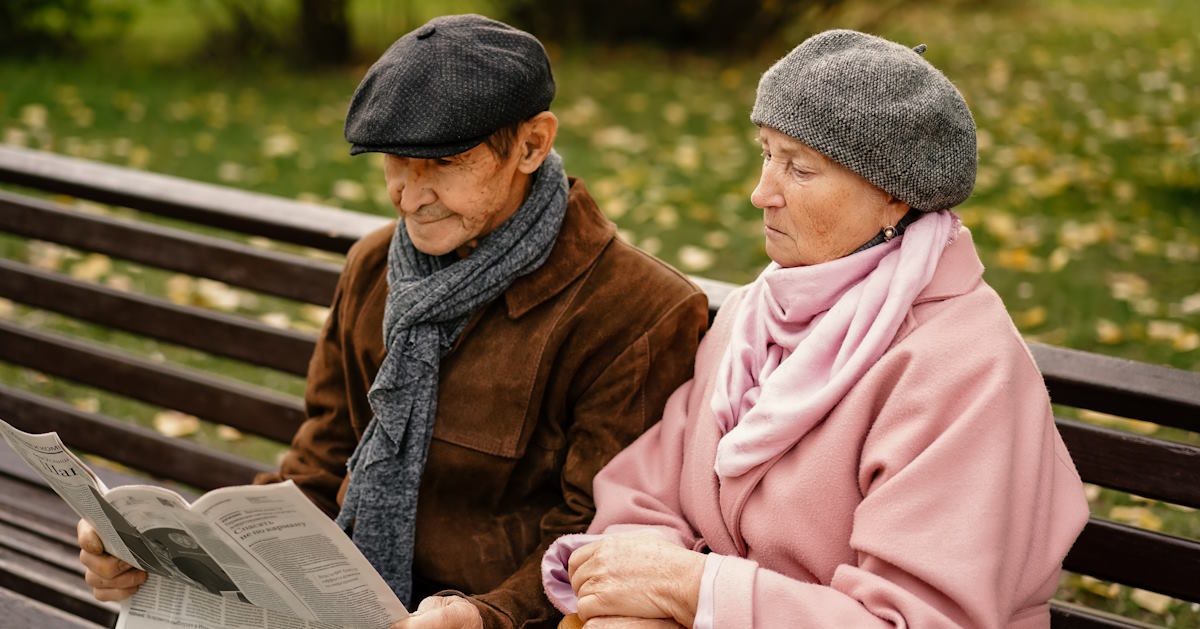The power of regret: what I learned in college after saying “no”

When I was in college I was asked by one of the adult students in the psychology program if I would take some time out and visit an older couple who lived in the rural area around our college.
The couple was unable to get around and just needed someone to provide some companionship for an afternoon. I imagined the elderly couple sitting on rocking chairs in an old farmhouse surrounded by the endless cornfields that surrounded our college.
I was even offered a car to borrow if I needed a way to get out there. I thought about it for a day or two, and then told the woman that, no thanks, I would not be interested.
After giving it some thought, my reasoning was this: was there any benefit of doing this for me? This was not a class assignment. There was no social angle to this, such as enjoying a common activity with a friend. Of course I was not getting paid. I did not think about other factors, such as whether it would benefit my career or my study of psychology.
But in the end, I said no. It did not help me in any way, I figured. But I felt a tinge of regret that I could not quite identify. I had done something less than noble.
Famed UCLA basketball coach John Wooden said, “You can’t live a perfect day without doing something for someone who will never be able to repay you.”
Mother Teresa’s difference
It’s probably rare for a person to help another person while expecting no visible reward in return. We think of heroic people like Mother Teresa, or those who found nonprofits to help the poor.
Volunteers who work with an organization such as a nonprofit or a church do so for many reasons. Most of us see some benefit in it for ourselves. A social experience. Impressing others. A new learning experience. Donuts and coffee.
Of course, there is nothing wrong with mixed motives. It’s rare for any of us to act with completely pure, unselfish motivations.
The decision I made back in college taught me a lesson. While it’s true that I declined to visit the elderly couple because I couldn’t see a tangible benefit for myself, I missed an opportunity to experience the profound impact of selfless acts in the growth of my own character.
Elderly who live alone often suffer from intense loneliness, and the visits from caring persons mean the world to them. Those who have lived a long time especially like to see the value given to them by the younger generation. It helps them see that kindness and generosity will survive in our world long after they are gone.
The impact of brightening someone’s life, even for a short while, radiates outward in unseen but profound ways. Striving to be unselfish is key to greatness of spirit.
